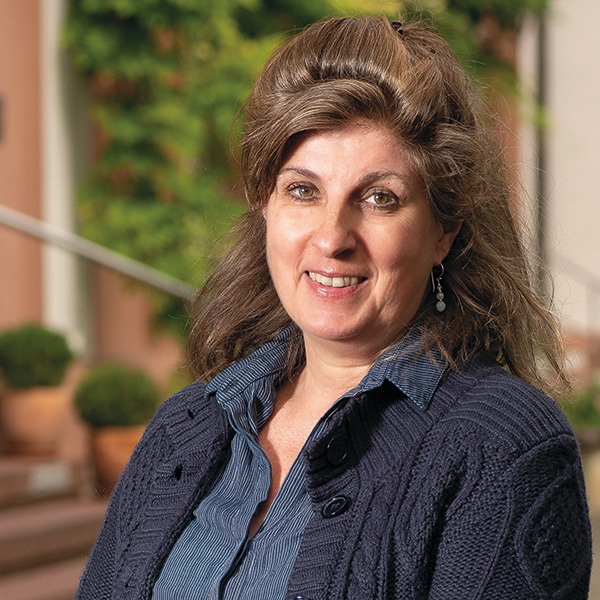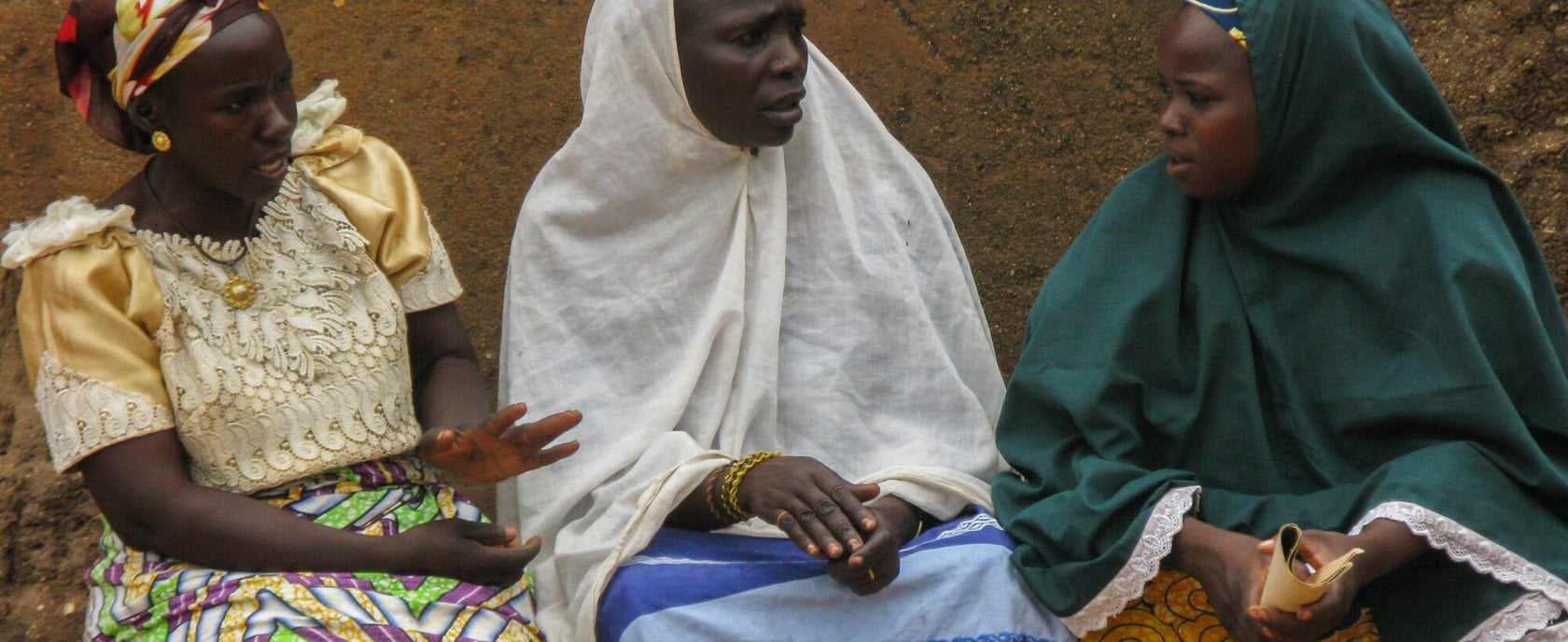
Jacqueline Brunner
Responsible Church Partnerships
Tel. 061 260 23 37
► E-mail

Project Number: 162.1007
Peace work in Nigeria is needed more urgently than ever. Terror by the Islamist organization Boko Haram in the northeast and violent conflicts between various religious groups in central Nigeria have brought suffering to millions of people and permanently disrupted the relationship between Christians and Muslims throughout the country. For this reason, Mission 21 and its partners are driving peacebuilding through the development of interfaith dialogue forums, awareness campaigns, interfaith vocational training, psychosocial accompaniment for victims of conflict, and peacebuilding training.
Since 2009, the Islamist terrorist organization Boko Haram has been terrorizing northeastern Nigeria with violent attacks, kidnappings and bombings. In addition, violent clashes between Fulani militants and sedentary farmers in central Nigeria, which have been going on since the 1990s, continue to flare up. These two sources of conflict have had a massive impact on the relationship between Christians and Muslims throughout the country. In the course of the conflicts, many people have lost friends and family members or even experienced violence themselves and are traumatized. The anger over what has happened, the insecurity and the mistrust among the population toward other ethnic and religious groups are correspondingly great. The situation is further exacerbated by the poor economic situation and political power struggles in the country. Under these challenging circumstances, Mission 21 and its partners promote dialogue between people of different religious and ethnic backgrounds in order to facilitate peaceful coexistence. It also trains the population in conflict prevention and non-violent conflict management. It supports conflict-affected and traumatized people, especially young people and widowed women, by providing vocational training in religiously and ethnically mixed groups and psychosocial support.
In 2023, it was also possible to build on the success of the interfaith dialog groups held in the previous year. Three further dialog groups were founded, whose members continue to promote peace in their communities independently. In 2023, interfaith mixed groups of young people and widows, a total of 46 people affected by the violent clashes in Plateau State, were able to complete training together, during which they were sensitized to peaceful coexistence between different ethnic and religious groups. Another 20 young people received start-up equipment to apply the professional skills they had learned in their own businesses. In addition, another month-long course was held at the Peace Training Center (PTC) in Jos for peace promoters and bridge builders. 55 people were able to take part. As part of the "Restorative Justice" initiative, roundtables and community meetings were organized and key people from the judiciary and administration as well as from various peacebuilding organizations were brought together to jointly find a way out of the spiral of violence in Plateau State.
Mission 21
Protestant Mission Basel
PO Box 270
Missionsstrasse 21
4009 Basel, Switzerland
Tel.: +41 (0)61 260 21 20
info@mission-21.org
Donation account Switzerland:
IBAN: CH58 0900 0000 4072 6233 2
Tax exemption number:
CHE-105.706.527
Donation account Germany:
Savings Bank Lörrach-Rheinfelden
Swift BIC: SKLODE66
BLZ: 683 500 48
IBAN: DE39 6835 0048 0001 0323 33
Account No. : 1032333